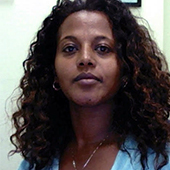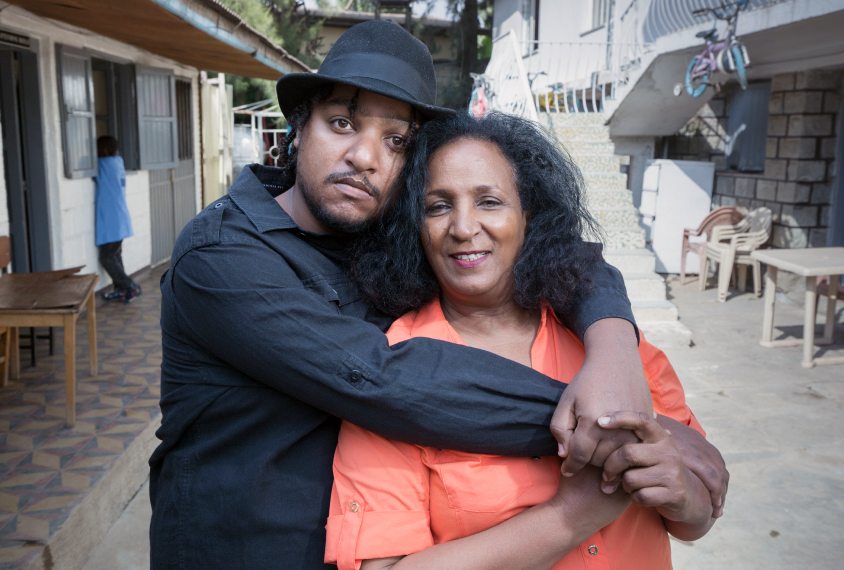Waganesh Zeleke is associate professor of mental health counseling at Duquesne University in Pittsburgh, Pennsylvania. She is a licensed clinical professional counselor and a nationally certified counselor. She serves as an associate editor for Frontiers in Education: Special Educational Needs and as guest editor for different journals. Zeleke published more than 35 scholastic articles in peer-reviewed journals on various topics, including autism in Africa, mental health disparity, child and family relationships, international adoption, trauma and immigrant health.

Waganesh Zeleke
Associate professor
Duquesne University
From this contributor
Remembering Zemi Yenus: An ambassador for autism in Africa
Zemi Yenus was the mother of a child with autism, founder of Ethiopia’s first school for autistic children and a tireless advocate for autism awareness and research in Africa.

Remembering Zemi Yenus: An ambassador for autism in Africa
Explore more from The Transmitter
Two neurobiologists win 2026 Brain Prize for discovering mechanics of touch
Research by Patrik Ernfors and David Ginty has delineated the diverse cell types of the somatosensory system and revealed how they detect and discriminate among different types of tactile information.

Two neurobiologists win 2026 Brain Prize for discovering mechanics of touch
Research by Patrik Ernfors and David Ginty has delineated the diverse cell types of the somatosensory system and revealed how they detect and discriminate among different types of tactile information.
Shifting neural code powers speech comprehension
Dynamic coding helps explain how the brain processes multiple features of speech—from the smallest units of sounds to full sentences—simultaneously.

Shifting neural code powers speech comprehension
Dynamic coding helps explain how the brain processes multiple features of speech—from the smallest units of sounds to full sentences—simultaneously.
Astrocytes orchestrate oxytocin’s social effects in mice
The cells amplify oxytocin—and may be responsible for sex differences in social behavior, two preprints find.

Astrocytes orchestrate oxytocin’s social effects in mice
The cells amplify oxytocin—and may be responsible for sex differences in social behavior, two preprints find.